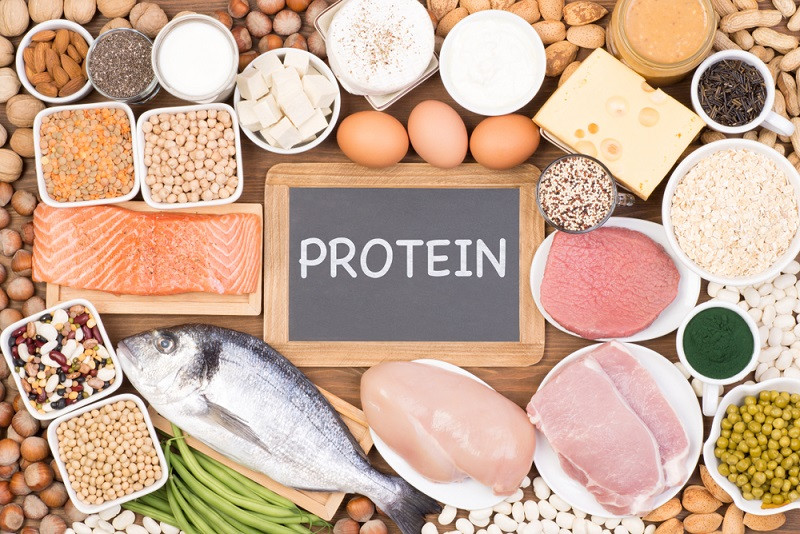You may have already heard of the keto diet, but what is the actual science behind it, and does a keto diet plan help you lose weight?
What is a keto diet?
The keto diet is a high fat, low-carbohydrate diet with a moderate intake of protein. The diet mimics starvation and forces the body into ‘ketosis’. Ketosis is where ketones are produced by the liver and are used to fuel the body’s cells and brain instead of glucose. Usually, these ketogenic diet plans will ask you to cut your carbohydrates to 50g or less per day.

Some of the pros of the keto diet plan are…
- Weight loss can be rapid which can provide good motivation in the initial stages of your diet.
- Dietary strategies that can help reduce hunger and promote fullness are beneficial.
- In general, it is accepted that a reduced carbohydrate, high protein diet is associated with better fat loss and relatively less lean mass loss.
- The diet also encourages people to cut out most processed carbohydrates and alcohol.
How does a keto diet plan stop you from feeling hungry?
- The diet may help with appetite control through the increased intake of protein.
- Protein slows the rate of passage through the small intestine, which gives a physical sense of ‘fullness’. Protein stimulates the release of gut hormones (e.g. peptide YY), which promote the feeling of fullness and reduces the feeling of hunger.
Some of the cons of the keto diet plan are…
- Inappropriate long-term use of low carbohydrate diets may compromise gut health
- Initial side effects can include bad breath, a dry mouth, tiredness, dizziness, insomnia, nausea and constipation from cutting out carbs, and potential for lower fibre intake.
- The high intake of saturated fat and some recommendations to add salt may increase your risk of heart disease.
- Some possible risks of a high protein, low carbohydrate diet are poor bone health, renal function, cardiovascular disease risk factors, poor gut health and antioxidant status.
- The ketogenic diet is highly restrictive and can require close supervision and monitoring by ketogenic dietitians.
Conclusion
High protein-low carb diets if used, should be used as a weight loss tool rather than a ‘diet for life’. Some could still find it complicated and time-consuming to stick to, but the promise of initial rapid weight loss may be appealing for the initial stages of your weight loss. One of the main problems with the diet is the amount of processed meat, red meat and fat in the diet, which all contradict current health advice. The keto diet may not be nutritionally balanced especially due to a lack of fibre and some vitamins and minerals. Therefore, if you decide to try this diet, only follow in it in the short term. If you have any existing health conditions or are pregnant, please consult your doctor before trying this diet as it is definitely not suitable for everyone.
Studies discussed in the article
Comparison of Weight-Loss Diets with Different Compositions of Fat, Protein, and Carbohydrates
Frank M. Sacks, M.D., George A. Bray, M.D., Vincent J. Carey, Ph.D., Steven R. Smith, M.D., Donna H. Ryan, M.D., Stephen D. Anton, Ph.D., Katherine McManus, M.S., R.D.,Catherine M. Champagne, Ph.D., Louise M. Bishop, M.S., R.D., Nancy Laranjo, B.A., Meryl S. Leboff, M.D., Jennifer C. Rood, Ph.D., Lilian de Jonge, Ph.D., Frank L. Greenway, M.D.,5Catherine M. Loria, Ph.D., Eva Obarzanek, Ph.D., and Donald A. Williamson, Ph.D.
Link- https://www.ncbi.nlm.nih.gov/pmc/articles/PMC2763382/


